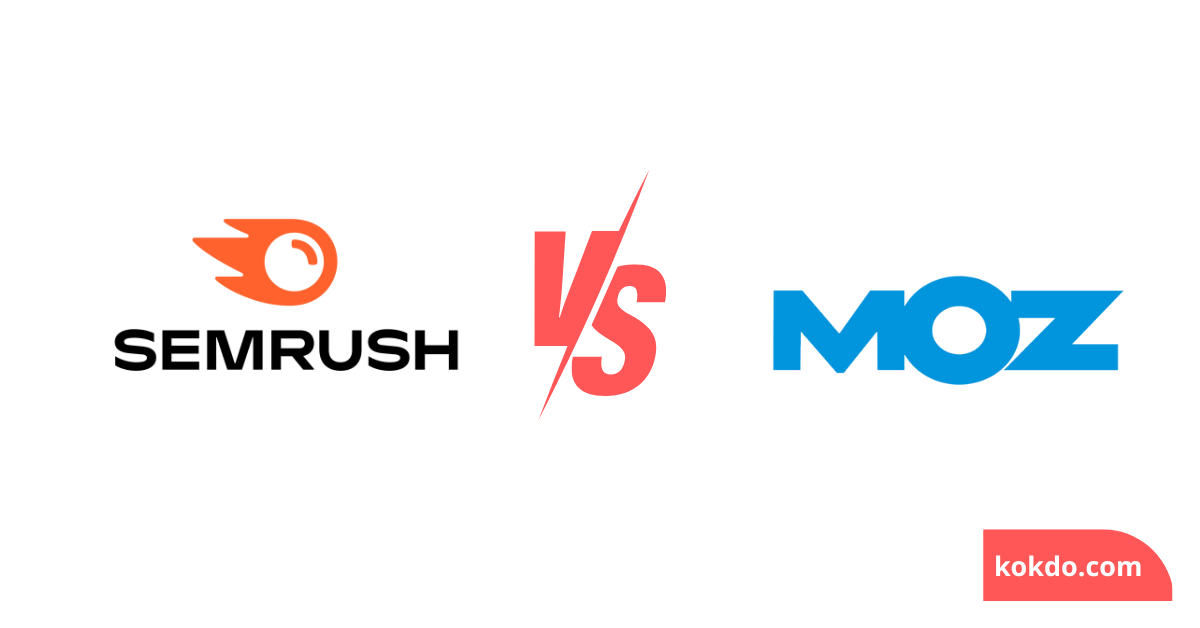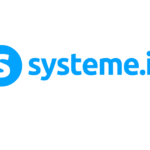Table of Contents
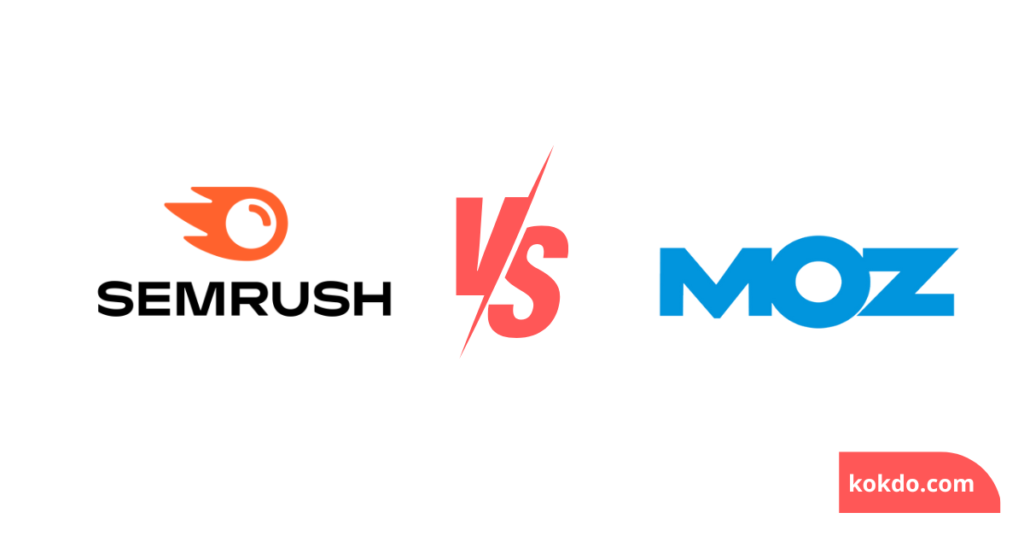
Introduction :
Semru-sh vs Moz : In the dynamic world of digital marketing, SEO tools have become indispensable for businesses looking to improve their online visibility and outrank competitors. Two of the most renowned tools in the SEO landscape—Semrush and Moz—offer an array of features designed to bolster a website’s SEO performance. But when it comes down to choosing between the two, marketers often find themselves torn, given the unique strengths and benefits each tool brings to the table.
In this post, we’re going to dive deep into what Sem-rush and Moz offer, compare their features, pricing, ease of use, and customer support, to help you make an informed decision about which tool aligns best with your digital strategy.
Semrush Overview
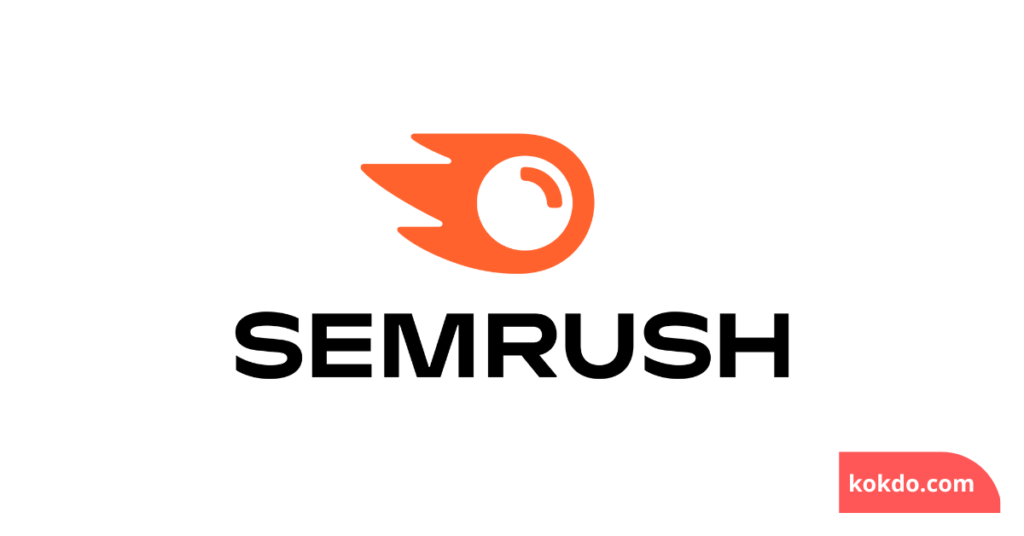
Semrush is a comprehensive SEO tool that not only assists with keyword research and site audits but also provides insights into PPC campaigns, content marketing, and social media management. It comes packed with an impressive suite of features that includes everything from backlink analysis to traffic analytics.
Key Features:
- Keyword Research: Offers extensive data on keyword volume, trend, CPC, and competition level.
- Site Audits: Identifies on-page SEO issues and provides actionable recommendations for improvement.
- Competitor Analysis: Monitors competitors’ strategies in organic search, paid search, and link building.
- Content Marketing Toolkit: Helps in planning content strategy with topic research, SEO content templates, and brand monitoring.
- Traffic Analytics: Provides insight into web traffic, visitor behavior, and online performance.
Moz Overview
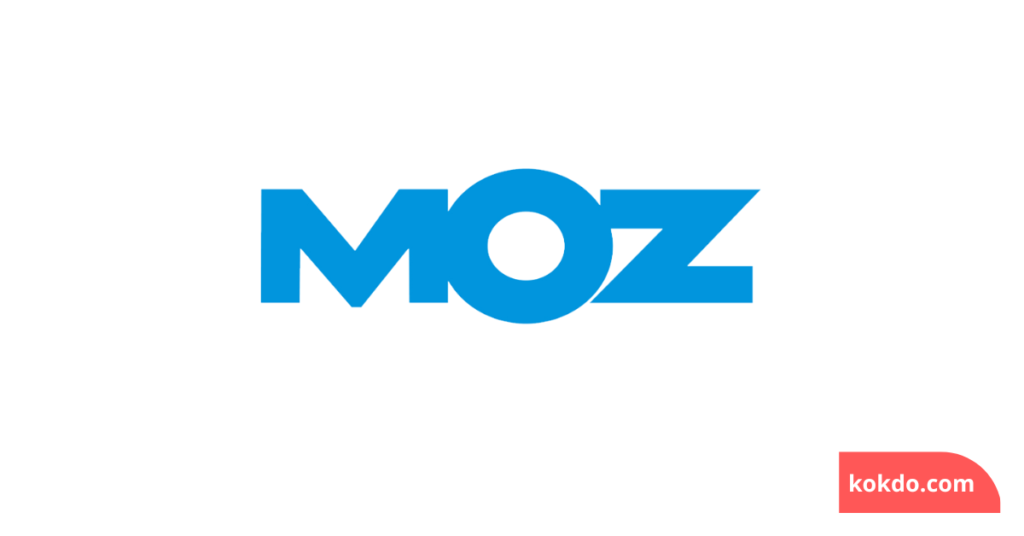
Moz is another major player when it comes to SEO software. Its tools are particularly well-regarded for their user-friendly interface and focus on simplifying SEO for beginners and professionals alike. Moz is most famous for developing Domain Authority (DA), a metric used to predict how well a website will rank on search engine results pages (SERPs).
Key Features:
- Keyword Explorer: Offers keyword suggestions, SERP analysis, and organic CTR data.
- Site Audits: Identifies technical SEO issues on your website with recommendations for fixes.
- Link Explorer: Analyzes backlink profiles and tracks link quality for both your site and your competitors’.
- On-Page Optimization: Provides optimization insights for specific keywords on individual pages.
- MozBar: A Chrome extension that allows quick access to essential SEO metrics right in the browser.
Semrush vs Moz: Feature Comparison
When comparing these two SEO giants, it’s essential to look at how their features stack up against each other.
Keyword Research
Semrush Keyword Magic Tool is incredibly robust, offering over 20 billion keywords and various filtering options to help you refine your strategy. Moz’s Keyword Explorer is also powerful, with an intuitive interface and the ability to save keyword lists, though it has a smaller keyword database.
Site Audits
Both tools offer site auditing features that generate reports highlighting critical SEO issues. Semrush tends to provide more detailed recommendations and integrates with Google Analytics for an enhanced auditing process. Conversely, Moz’s site audit tool is simpler, which can be beneficial for SEO beginners who need straightforward advice without feeling overwhelmed.
Backlink Analysis
Semrush’s backlink analytics tool is extensive, providing detailed backlink profiles and tools for link building. Moz’s Link Explorer is also well-equipped, with the added advantage of Moz’s proprietary metrics like Domain Authority, which many SEO professionals rely on.
Competitor Analysis
In the race for the best competitor analysis features, Semrush takes the lead. Its ability to provide insights into your competitors’ traffic, ranking keywords, and advertising strategies is unparalleled. Moz does offer competitive insights, particularly through its SERP analysis, but it falls short when compared to the granularity of data Semrush delivers.
Pricing
How much you’re willing to invest in an SEO tool will significantly influence your choice. Semrush offers multiple pricing tiers, starting from a Pro plan geared towards freelancers and startups, to more advanced plans catering to agencies and enterprises with more intensive SEO needs.
Moz has a similar pricing structure, starting with a Standard plan suitable for smaller businesses, up to Premium plans designed for larger organizations requiring more comprehensive features.
Both Semrush and Moz offer free trials, allowing users to test the platforms before committing to a subscription.
Ease of Use
Moz is often praised for its user-friendly design, making it easy for beginners to navigate and understand SEO principles. Semrush, while more feature-rich, has a steeper learning curve due to its extensive suite of tools and analytics.
Customer Support
Good customer support can be a deciding factor, especially for businesses taking their first steps in SEO. Semrush provides support through email, chat, and phone, along with a comprehensive knowledge base with articles, webinars, and an active community.
Moz offers support mainly through email, with an extensive help section on their site. While their customer service is responsive, Semrush’s additional phone support might be a tick for users who prefer more direct contact.
Conclusion:
Choosing between Semrush and Moz ultimately comes down to your specific needs, the size of your business, your level of SEO expertise, and your budget.
If you’re after a tool with a broader range of features that digs deep into competitive analysis, PPC, and more technical SEO facets, Semrush is likely your best bet. On the other hand, if you prefer an SEO tool that is straightforward with a user-friendly interface, particularly if you’re newer to SEO or you’re running a small to midsize business, then Moz might be more suitable for you.
In either case, both Semrush and Moz are excellent tools that can significantly contribute to your website’s SEO success. The best advice is to try both through their free trials and see which tool aligns better with your workflow and digital strategy. As your business grows and your SEO skills improve, you may even find that a combination of the two offers the perfect balance to power your online presence.
